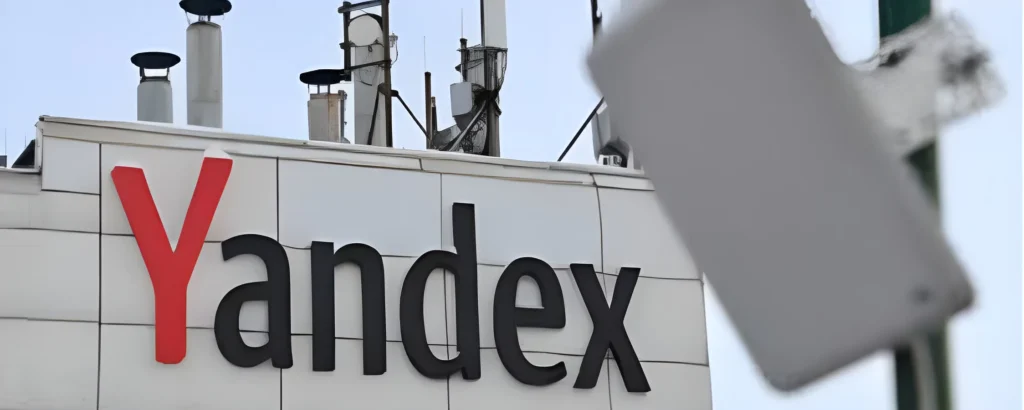The highly anticipated completion of the complex restructuring deal involving Russian tech giant Yandex has reportedly been postponed until early next year, according to three knowledgeable sources who spoke to Reuters. Commonly referred to as “Russia’s Google” due to its dominance in search, Yandex was once positioned to become a truly global player until Moscow’s invasion of Ukraine upended its ambitious international aspirations.
For over 12 months, Yandex and the Kremlin have engaged in protracted negotiations to spin off the company’s large Russian operations from its Dutch parent entity, Yandex N.V., which currently lists on the Nasdaq. As Western nations implemented sweeping sanctions against Russia following the outbreak of war, Yandex N.V. grew desperate to ringfence its more substantial domestic businesses from the fallout while retaining access to overseas markets for other divisions showing promise.
An agreement was originally expected to materialize by the end of 2022 after what sources said was considerable progress in finalizing the complex paperwork between all stakeholders. However, the sources, who spoke on condition of anonymity as talks remain private, noted uncertainties surrounding the timing and suggested the reorganization was now more likely to transpire early in the new year. One emphasized that “great strides” had been made with attorneys but cautioned the closing was not assured for December.

Another referenced the first quarter as a revised goal, while a third projected the beginning of 2024. The deal terms would separate Yandex’s core lucrative Russian operations like search and ride-hailing from four smaller lines being cultivated internationally. A sale of the former would aim to repay shareholders following enormous declines since sanctions isolated the company.
Adding to indications work remains unfinished, Russia’s central bank website on Monday revealed registration of new share issuances for the freshly formed MKAO Yandex entity being established as the restructured holding company in the Russian exclave of Kaliningrad. The report suggested Yandex N.V. and Moscow were still ironing out final ownership structures and oversight mechanisms, with shareholder and regulatory sign-offs still looming.
Given the numerous interested parties and geopolitical sensitivity surrounding anything Russian-related, observers anticipated the process would be arduous. But continued delays raise questions about political complications potentially obstructing a resolution and whether Yandex can sustain long-term divisions between such sizable revenue pools while global tensions persist.








